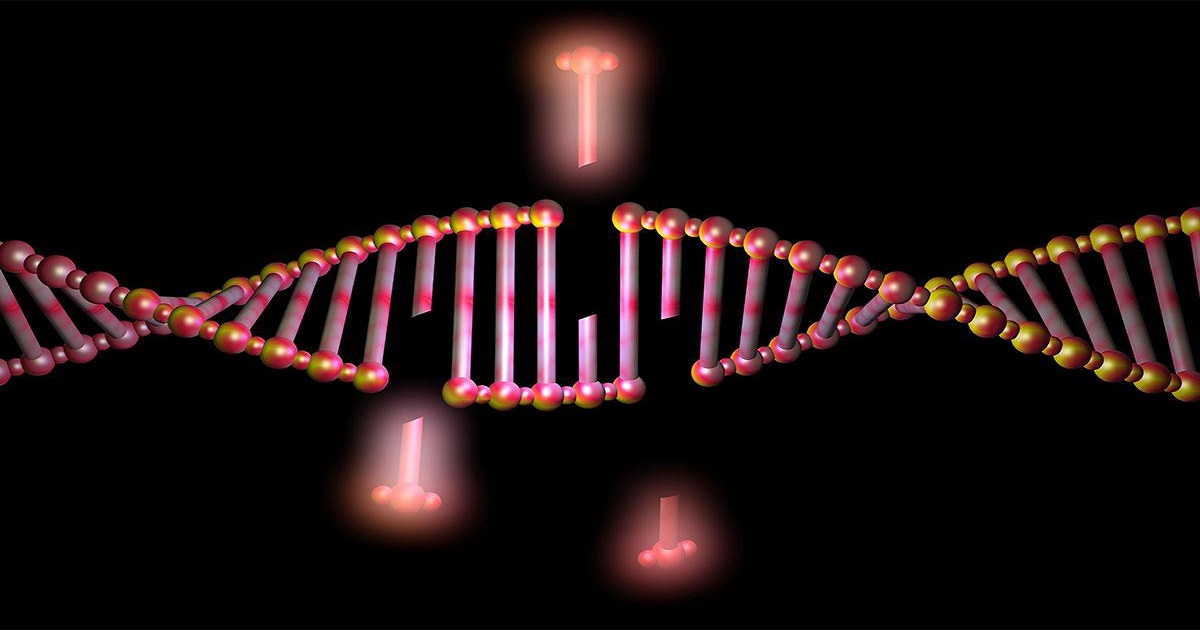Parkinson’s disease: An endogenous protein might become a candidate for drug development
Russell Publishing Limited | August 31, 2018

Researchers have modified the protein Nurr1 so that it can enter cells from the outside. Nurr1 deficiency may be one of the causes of Parkinson’s disease. Even though Nurr1 has been discussed as a potential target for the treatment of Parkinson’s disease, it is unusable in its normal form, as it cannot penetrate cells. A team from Ruhr-Universität Bochum and the US-American National Institutes of Health (NIH) deployed a bacterial import signal in order to deliver Nurr1 into cells. The researchers also demonstrated that the modified protein may have a positive effect on the survival of dopamine-producing nerve cells.